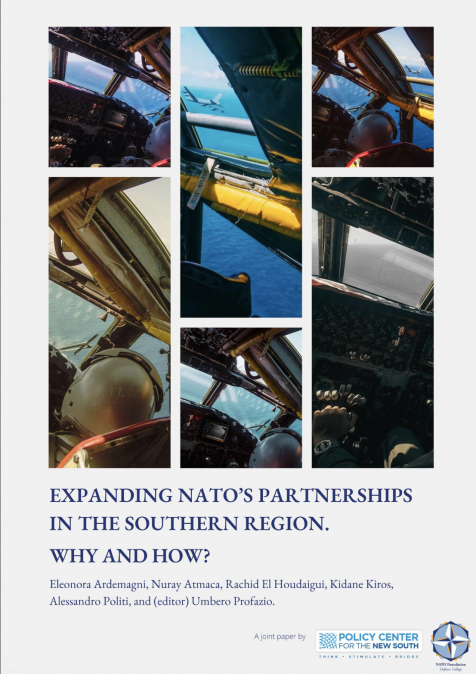Publications /
Policy Brief
The debate on defense is more relevant than ever in an evolving global context that is driven by the constant reconfiguration of geostrategic equilibriums and by the importance of the impacts of the economic and financial crisis on States’ budgets leading to pertinent questions such as: will defense policies be adapted to their future tasks? Will the military leaders’ strategists have sufficient means to effectively negotiate the adaptation process? In addition to the modernization of weapons systems (a topic that will not be developed in this paper), this adaptation will require a governance transformation that is capable of balancing a triangle of issues, which are ensuring the interaction between defense and security; strengthening civil-military research and development (R&D); and modernizing defense through international partnerships.









